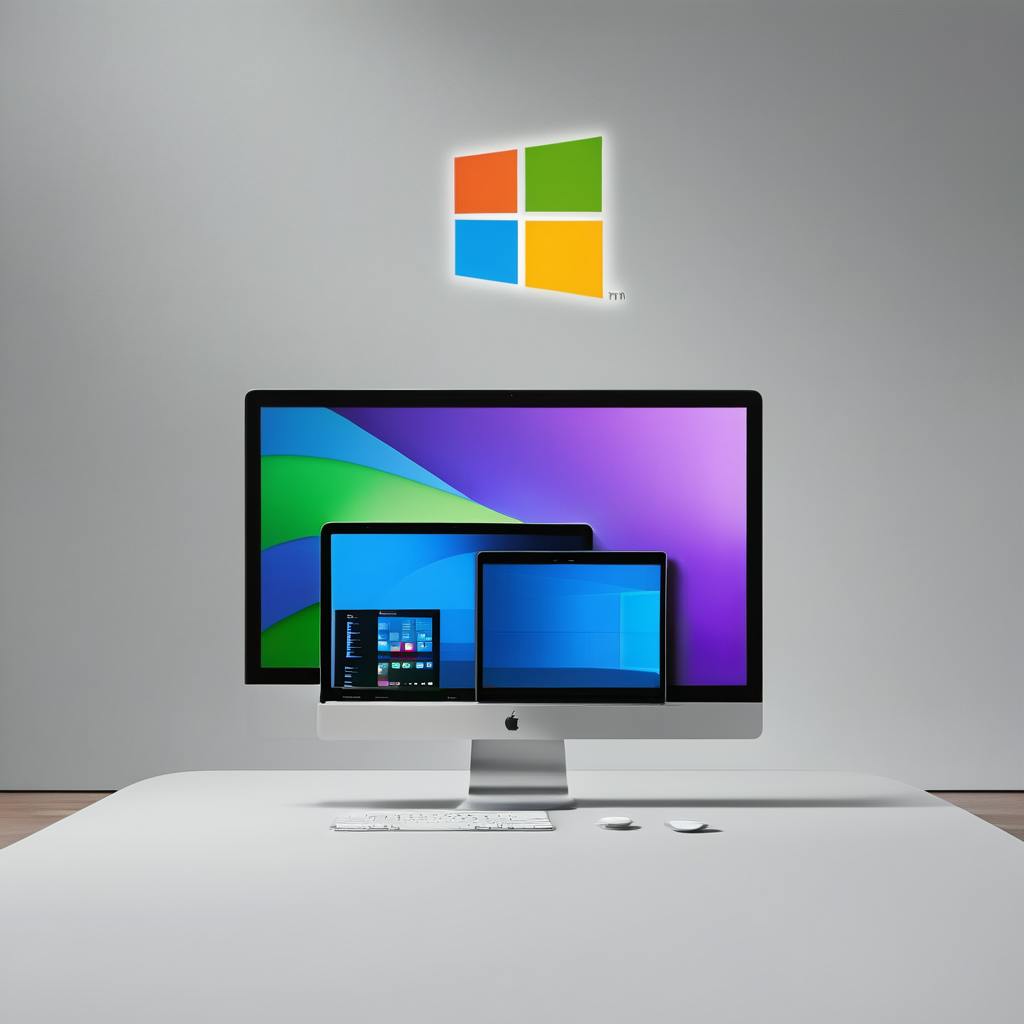194 reads
Microsoft and OpenAI Accused of Copyright Theft
by
August 13th, 2024
Audio Presented by

Legal PDFs of important tech court cases are far too inaccessible for the average reader... until now.
About Author
Legal PDFs of important tech court cases are far too inaccessible for the average reader... until now.
